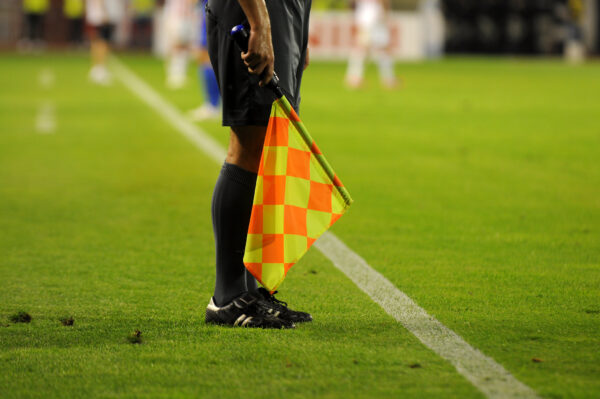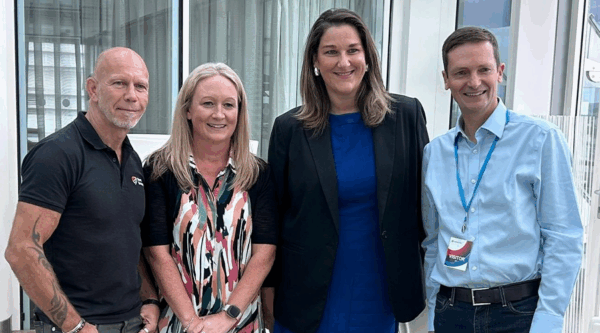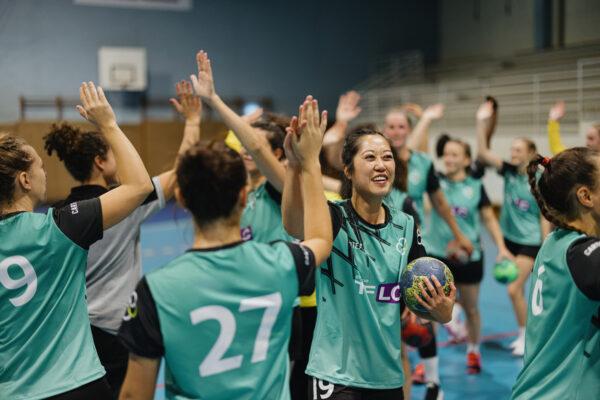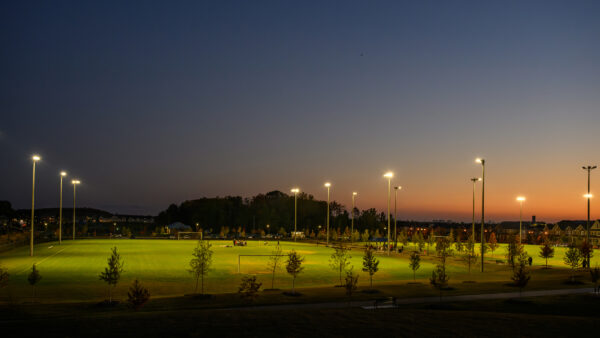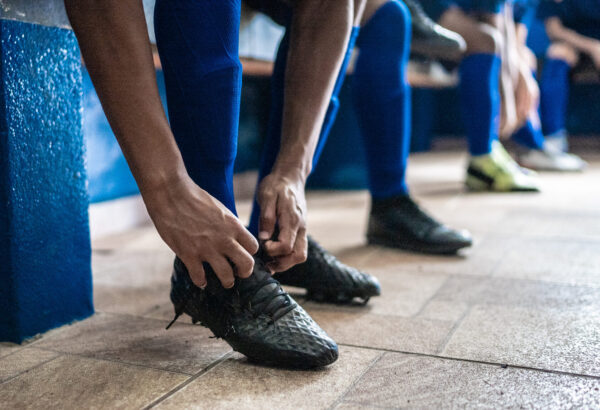
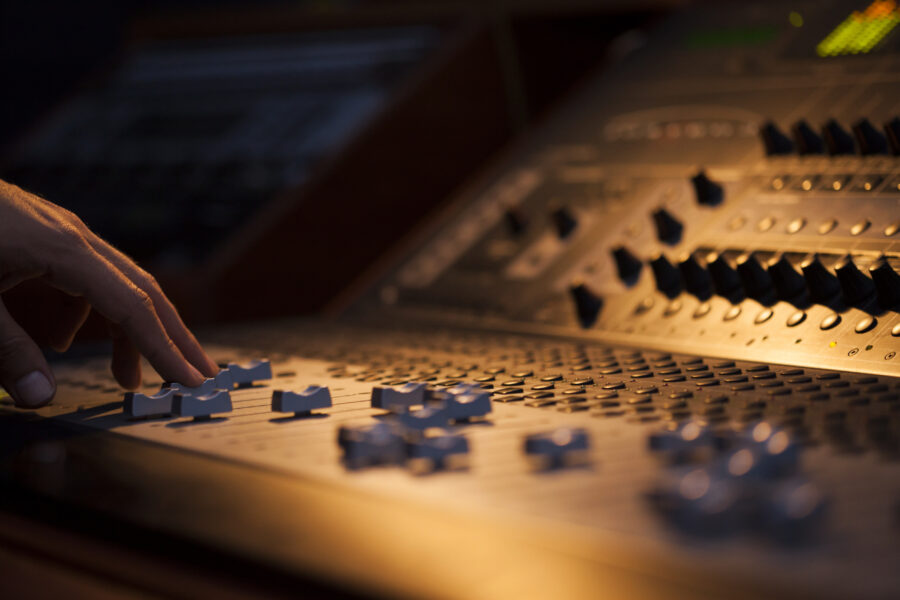
It’s no secret that, despite the evolution and innovation of the music industry, it still has its fair share of misogyny, discrimination and abuse.
This issue was highlighted by Labour MP Sarah Owen, chair of the Women and Equalities Committee, who likened the industry to a “boys club” in the ‘Misogyny in Music on Repeat 2024’ report the committee produced.
NDAs: Tools for silence and protection
Non-disclosure agreements, often referred to as NDAs, are frequently used as a tool in the commercial world and music industry with their primary objective being to protect confidential information, trade secrets and intellectual property. Of course the music industry does use NDAs for legitimate purposes, providing some protection to victims of abuse and harassment by offering financial compensation. There is, however, increasing scrutiny and concern that they are also being abused to suppress allegations and silence victims, particularly in industries such as this where there are regularly power imbalances.
Often these silenced victims are women, with the Musicians’ Union data showing that 51% of women have experienced gender-based discrimination while working as a musician, compared to 6% of male musicians.
This therefore raises the question as to whether NDAs, within the music industry in particular, are doing more harm than good when it comes to tackling misogynistic culture.
The call for reform
The Misogyny in Music report calls for various improved protections and reporting systems such as Parliament to ban NDAs in circumstances where someone has been a victim of discrimination, sexual misconduct, sexual abuse or sexual harassment in a hope to stop the silencing of victims of abuse. This would not only improve protections for women across all sectors, but it would pave the way for more people to have the courage to report their allegations.
Those working within the music industry, particularly freelance musicians, face vulnerabilities and significant challenges by way of legal protections afforded to them under The Equality Act 2010 and the Women and Equalities Committee. As a result, many are calling for the government to make amendments to the Equality Act and the Employment Rights bill in particular to enhance their safety.
The Misogyny in Music on Repeat 2024 report is the fourth of its kind and the recommendations contained within its predecessor published in January 2024 were largely rejected by the then Government. This is very much a space to watch out for and a likely area of significant evolution.
How can we help?
We recognise both the overriding principle and the legal risks NDAs may carry if misused. At HCR Law, we support clients across the sports, media and entertainment industries with the drafting and implementation of fair and enforceable agreements as well as offering support if challenges arise. Examples of the types of matters we support clients with include:
- Drafting, reviewing, advising or negotiating custom NDAs based on the specific requirements of each business or individual, ensuring fair terms and protection of rights
- Enforcement and litigation support – If an NDA is breached or dispute arises, we pursue legal action and represent clients to recover losses, enforce penalties or seek injunctive relief
- Protecting intellectual property to ensure client’s inventions, designs, trade secrets and proprietary information are properly protected.




